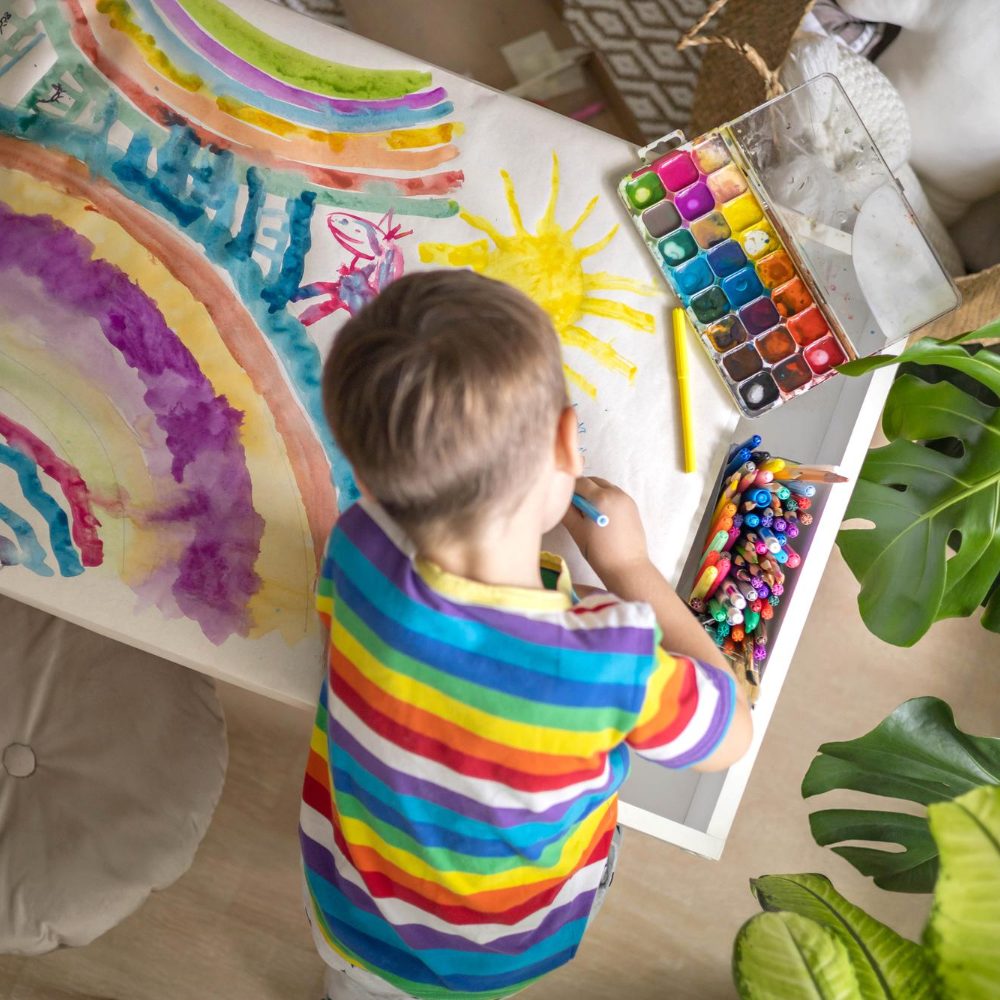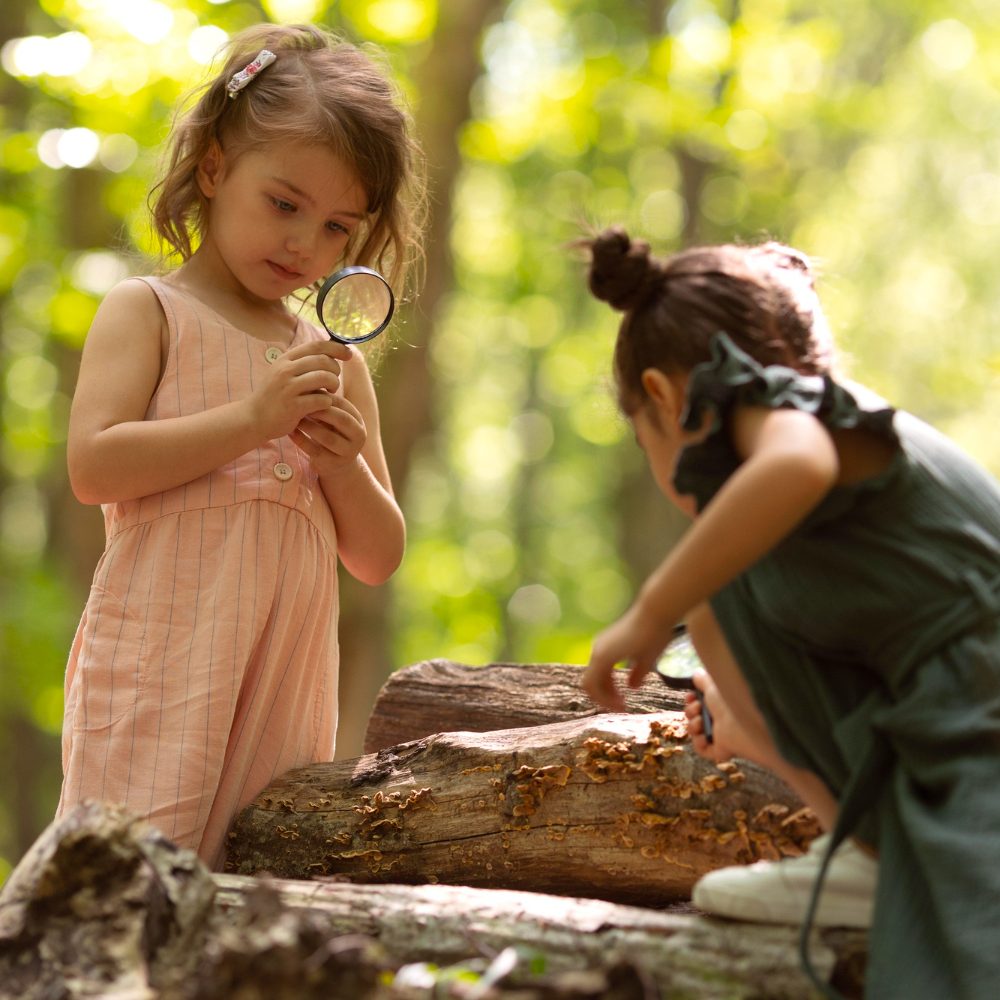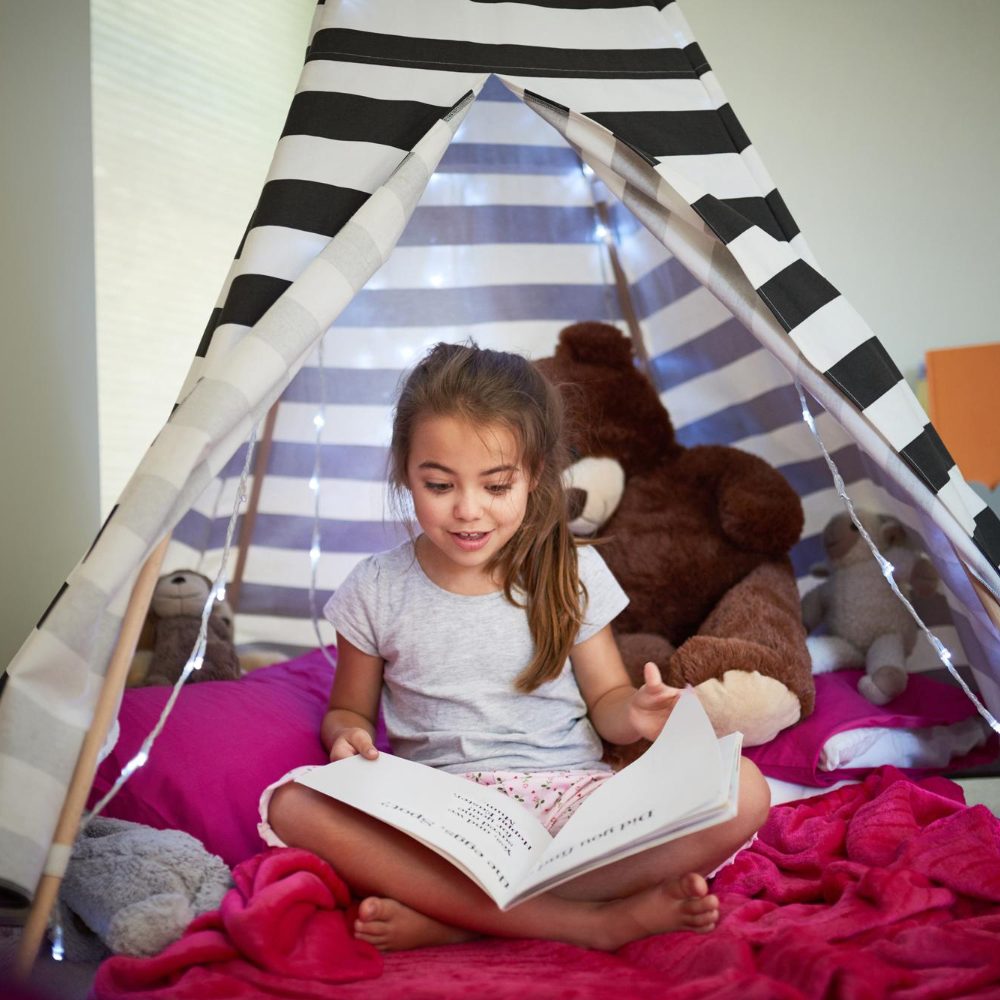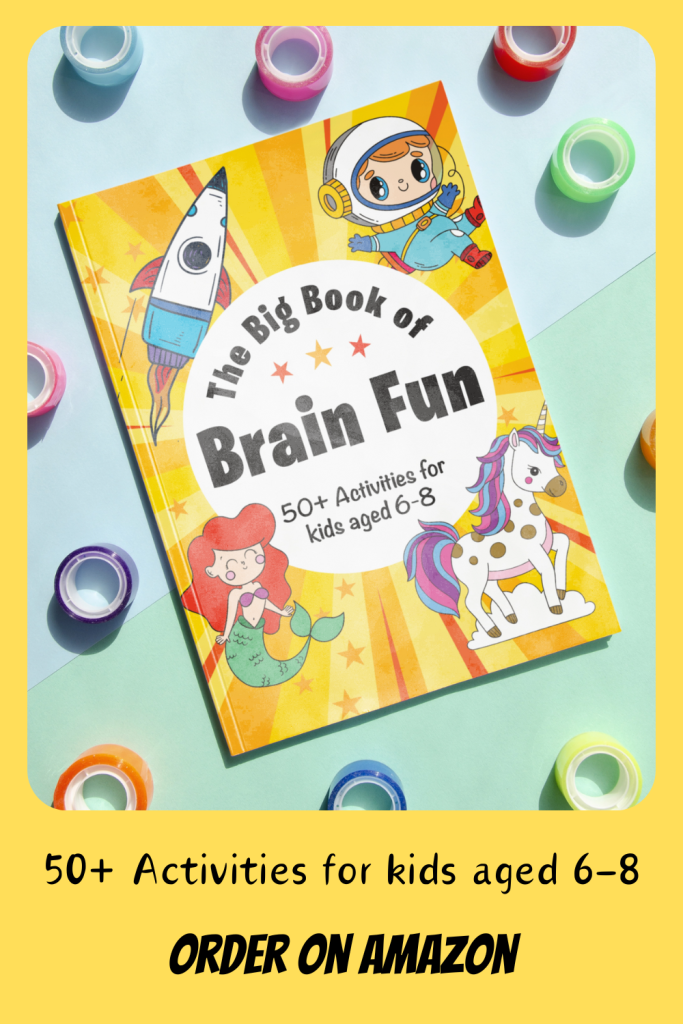Selecting presents that align with a child’s interests is one of the most rewarding approaches to gift-giving. These thoughtfully chosen gifts do more than elicit momentary joy; they serve as catalysts for growth, learning, and self-discovery. This comprehensive guide explores interest-based gifts, offering insights and ideas to help you choose presents that resonate with a child’s unique passions and aspirations.
Why Choose Interest-Based Gifts?
Interest-based gifts transcend the realm of mere material possessions. They function as powerful tools for personal growth, skill development, and self-expression. By aligning gifts with a child’s interests, you’re:
- Supporting their passions and encouraging deeper exploration into subjects that fascinate them
- Facilitating skill development in areas they enjoy, potentially laying the groundwork for future expertise
- Boosting their confidence and self-esteem by validating their interests and abilities
- Fostering a sense of identity and individuality as they develop their unique interests
- Encouraging curiosity and a love for learning that can extend beyond their primary interests
When children receive gifts that reflect their interests, they feel seen, understood, and valued. This validation can be a powerful motivator, encouraging them to pursue their passions with greater enthusiasm and dedication.
How Do You Identify a Child’s Interests?
Before diving into gift ideas, it’s crucial to accurately identify a child’s interests. This process requires observation, communication, and sometimes a bit of detective work. Here are some effective strategies:
- Observe their play habits: Pay close attention to the activities they gravitate towards during free play. Do they consistently choose certain toys or games? Are there themes in their imaginative play?
- Listen to their conversations: Children often talk about things they’re passionate about. Pay attention to the topics they bring up frequently or discuss with excitement.
- Ask them directly: Sometimes, the simplest approach is the most effective. Have an open conversation about their likes and dislikes. Ask about their favorite subjects in school, what they enjoy doing in their free time, or what they’d like to learn more about.
- Consult with parents, teachers, or caregivers: These adults often have valuable insights into a child’s interests and abilities. They may notice patterns or interests that aren’t immediately apparent.
- Look at their digital footprint: For older children, their online activities can provide clues. What kinds of videos do they watch? What games do they play? What topics do they research?
- Pay attention to their room decor: The posters on their walls, the books on their shelves, and the items they choose to display can all provide clues about their interests.
Remember, interests can be fleeting, especially in younger children. It’s important to stay attuned to their evolving preferences and be prepared to adapt your gift-giving strategy accordingly.
Gift Ideas Based on Interests
Let’s explore some gift ideas tailored to various interests. Remember, these are starting points – the best gifts often come from combining these ideas with your specific knowledge of the child.
For the Budding Artist
Creative expression is a vital part of childhood development. For the young artist in your life, consider:
- Age-appropriate art supplies (e.g., non-toxic paints, drawing sets, modeling clay)
- Creative kits (e.g., pottery sets, jewelry making kits, tie-dye sets)
- Art classes or workshops
- Digital art tools, like graphic tablets for older children
- Art history books tailored for young readers
- Portable sketching sets for on-the-go creativity
- Light boxes for tracing and improving drawing skills

Pro Tip: Look for mess-free options for younger children, such as water-based markers or no-spill paint sets. For older children, consider investing in higher-quality materials that can help them refine their skills.
For the Young Scientist
Nurture curiosity and analytical thinking with these gifts:
- Science experiment kits (e.g., crystal growing, volcano making, circuits)
- Microscopes or telescopes
- Science museum memberships
- Coding kits or introductory programming tools
- Robotics sets for hands-on learning
- Subscription boxes featuring monthly science projects
- Age-appropriate science magazines or books

Safety first! Ensure all science kits are age-appropriate and supervised by an adult when necessary. Look for kits that emphasize safe experimentation practices.
For the Nature Lover
Encourage a connection with the natural world through:
- Gardening tools and seeds, including indoor herb garden kits
- Bird watching kits (including a field guide and binoculars)
- Eco-friendly crafting supplies
- Butterfly or ant farm kits
- National Park passes or local nature reserve memberships
- Weather stations for tracking local conditions
- Books about local flora and fauna

Research Insight: A study titled “Spending Time in Nature Boosts Children’s Academic Achievement and Healthy Development” by Ming Kuo, Michael Barnes, and Catherine Jordan, published in Frontiers in Psychology in 2019, found that children who spend more time in nature show improved cognitive function and mental health. Nature-based gifts not only entertain but can contribute to a child’s overall well-being.
For the Tech Enthusiast
In our digital age, many children are drawn to technology. Foster this interest responsibly with:
- Coding kits for kids
- Child-friendly cameras or tablets
- STEM-focused building sets
- Age-appropriate video game design software
- 3D printing pens or beginner 3D printers
- Virtual reality headsets with educational content
- Electronics kits for building simple circuits and devices

Reminder: Always set up appropriate parental controls on digital devices. Encourage a healthy balance between screen time and other activities.
For the Bookworm
Encourage a love of reading with these gifts:
- Age-appropriate book collections or series
- E-readers with parental controls
- Bookstore gift cards
- Cozy reading nooks (e.g., reading tents, bean bags)
- Book-themed board games or puzzles
- Writing journals to encourage storytelling
- Bookmaking kits for creating their own stories

Pro Tip: Consider audio books for reluctant readers or children with learning differences. They can be a great way to engage with stories and improve listening skills.
For the Music Lover
Strike a chord with these musical gifts:
- Beginner instruments (e.g., ukulele, keyboard, percussion set)
- Music lessons (in-person or online)
- Concert tickets for family-friendly shows
- Karaoke machines for home performances
- Music composition software for older children
- Biographies of famous musicians written for young readers
- DIY instrument-making kits

Note: When choosing an instrument, consider noise levels and practice space to ensure it’s suitable for the child’s living situation. Electronic instruments with headphone jacks can be a good option for quieter practice.
For the Sports Fanatic
Get them moving with:
- Sports equipment tailored to their favorite activities
- Team merchandise (e.g., jerseys, posters, water bottles)
- Tickets to local games
- Sports-themed board games or video games
- Biography books about famous athletes
- Personal training sessions or sports camps
- Fitness trackers designed for kids

Safety First: Always include appropriate protective gear when gifting sports equipment. This reinforces the importance of safety in sports from an early age.
For the Aspiring Chef
Cook up some excitement with:
- Kid-safe cooking utensils and aprons
- Cooking classes for children (in-person or online)
- Themed cookbook sets for young chefs
- Herb growing kits for fresh ingredients
- Baking sets with child-sized tools
- Food science kits for edible experiments
- Subscription boxes featuring recipes and ingredients from around the world

Fun Idea: Create a personalized recipe book with family favorites for a special touch. This not only encourages cooking but also preserves family traditions.
Tips for Choosing the Perfect Interest-Based Gift
- Consider the child’s age and skill level: Ensure the gift is challenging enough to be engaging but not so difficult that it becomes frustrating. Look for gifts that offer a range of difficulty levels or can be enjoyed at various stages of skill development.
- Look for gifts that grow with the child: Choose items that can be enjoyed at various skill levels or have expandable features. This ensures longevity and continued engagement with the gift.
- Balance education and fun: The best gifts often teach without feeling like a lesson. Look for items that naturally incorporate learning into play or creative activities.
- Prioritize quality and safety: Invest in well-made items that will last and always check age recommendations. Quality gifts can often be passed down to siblings or friends, extending their value.
- Consider the child’s learning style: Some children are visual learners, others are kinesthetic. Choose gifts that align with their preferred way of engaging with information.
- Think about space and storage: Consider the child’s living space. Opt for gifts that can be easily stored or that serve multiple purposes to avoid clutter.
- Involve the child in the process: For older children, consider involving them in the selection process. This can be a learning experience in itself and ensures the gift will be appreciated.
The Impact of Interest-Based Gifts on Child Development
Interest-based gifts can have a profound impact on a child’s development:
- Fostering a growth mindset: When children engage with their interests, they learn the value of practice and improvement. This mindset can extend to other areas of their life.
- Encouraging long-term hobbies: Early exposure to interests can lead to lifelong passions. These hobbies can provide stress relief, social connections, and even career direction later in life.
- Building expertise and confidence: As children develop skills in their areas of interest, they gain confidence that can spill over into other aspects of life. This sense of mastery is crucial for healthy self-esteem.
- Enhancing cognitive development: Engaging deeply with interests often involves problem-solving, creativity, and critical thinking – all crucial cognitive skills.
- Improving emotional regulation: Hobbies and interests can provide healthy outlets for emotions and stress, teaching children valuable coping mechanisms.
When Interests Change: Adapting Your Gift-Giving Strategy
It’s natural for children’s interests to evolve over time. Here’s how to adapt:
- Embrace new passions: Be open to exploring new interests as they arise. Show enthusiasm for their new pursuits, even if they differ from previous interests.
- Incorporate elements of past interests: Look for ways to combine old and new interests in gifts. This can help create connections between different areas of knowledge and skill.
- Teach the value of exploration: Encourage children to see changing interests as a positive part of growth and self-discovery. Frame it as an exciting journey rather than abandoning old interests.
- Keep some continuity: While embracing new interests, don’t completely discard old ones. Sometimes, interests cycle back or merge with new passions in unexpected ways.
- Reflect on transferable skills: Help children recognize how skills from previous interests can apply to new ones. This reinforces the value of learning and trying new things.
Personalizing Interest-Based Gifts
Add an extra special touch to interest-based gifts through personalization:
- Add names or initials to items, making them uniquely theirs
- Create custom gift baskets combining various aspects of their interests
- Combine multiple interests in one gift (e.g., a science kit for a nature-loving artist)
- Include a personalized note explaining why you chose the gift, connecting it to their interests
- Create a custom “adventure pack” related to their interest, with several small items and activities
Personalization shows extra thought and care, making the gift more meaningful and cherished.
Budget-Friendly Options for Interest-Based Gifts
You don’t need to break the bank to give meaningful, interest-based gifts:
- DIY gift ideas: Create homemade versions of popular gifts (e.g., a hand-assembled art kit, a personalized story featuring their interests)
- Subscription boxes: Many companies offer affordable monthly boxes tailored to specific interests. These provide ongoing engagement and excitement.
- Experience gifts: Plan special outings or activities related to their interests. These could include nature walks, museum visits, or workshops.
- Second-hand items: Look for gently used equipment or books related to their interests. This is especially useful for trying out new hobbies.
- Collaborative gifts: Team up with other family members or friends to invest in a larger, high-quality gift that aligns with the child’s interests.
- Digital resources: Many educational websites offer free or low-cost resources related to various interests. A curated list of these can be a valuable gift.
Remember, the thought and relevance of the gift often matter more than its monetary value.
Conclusion
Choosing interest-based gifts for children is a thoughtful approach to gift-giving that goes beyond the initial excitement of unwrapping a present. By aligning gifts with a child’s passions, you’re not just giving an object – you’re providing tools for growth, learning, and self-expression.
These gifts have the power to nurture talents, build confidence, and even shape future paths. They show children that their interests are valid and worthy of support, encouraging them to explore, learn, and grow.
When selecting gifts, remember to observe, listen, and engage with the children in your life. Their interests are key to finding truly meaningful gifts that will be cherished long after the occasion has passed. With thoughtful selection, even the simplest gift can spark joy, fuel curiosity, and contribute to a child’s development in remarkable ways.
FAQs
What if a child has multiple interests?
Consider rotating between interests for different occasions or look for gifts that combine multiple passions. You could also create a “variety pack” with smaller items representing each interest.
How often should I give interest-based gifts?
While there’s no set rule, major holidays and birthdays are good opportunities. However, occasional “just because” gifts can be a great way to show support for their interests and keep engagement high.
What if I'm not sure about the child's current interests?
When in doubt, ask the child or their parents. Alternatively, choose open-ended gifts that can be applied to various interests, like art supplies or building sets. You could also opt for experience gifts that expose them to new potential interests.
Are experience gifts better than physical items for nurturing interests?
Both have their merits. Physical items provide ongoing engagement, while experiences create memories and can expose children to new aspects of their interests. A mix of both is often ideal, allowing for both immediate engagement and lasting impact.
How can I involve the child in choosing an interest-based gift?
You could create a wishlist together, go window shopping, or discuss their recent interests. For older children, you might give them a budget and help them research options within their interest area. This not only ensures you choose something they’ll love but also makes them feel valued and heard.
What if the child loses interest in a gift quickly?
This is normal, especially for younger children. Don’t be discouraged. The exposure to the interest is still valuable. You could try to reignite interest by engaging with the gift alongside the child or finding new ways to use it.
How do I balance giving interest-based gifts with providing a well-rounded experience?
While it’s great to support a child’s primary interests, also consider occasionally giving gifts that expose them to new areas. This could be done through variety packs, experience gifts, or by finding connections between their main interest and other fields.








0 Comments